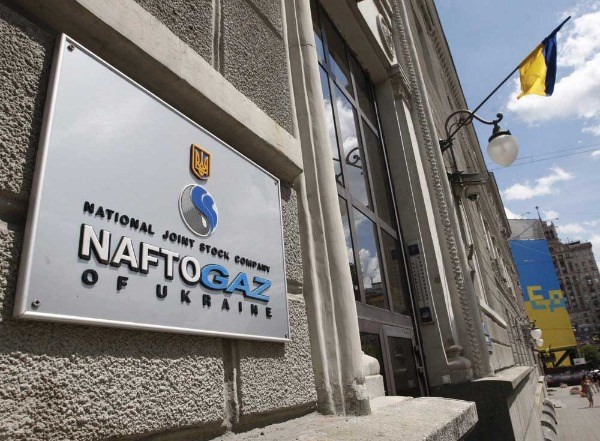Ukraine’s Naftogaz strikes again at Gazprom
Naftogaz of Ukraine has managed to have the accounts of GazAsia Capital S.A., the company that placed Gazprom’s yen-denominated eurobonds, frozen, Interfax reports, citing a memorandum on the Russian company’s new eurobond placements.
GazAsia Capital S.A. is an SPV company, created for a specific purpose. Through it, Gazprom placed 10-year bonds for 65 billion yen (approximately $595 million) in December last year. Now, GazAsia does not have the right to make payments to Gazprom, Lenta.ru observes.
The seizure is linked to a ruling by the Stockholm Arbitration Institute which obligated the Russian company to pay Naftogaz $4.63 billion for violating contractual gas transit terms. The amount was subsequently reduced.
Gazprom said recently that a new contract for the transit of Russian gas through Ukraine would only be possible if both countries renounced their claims in the gas sphere, including a $7 billion anti-monopoly fine imposed by Kyiv on the Russian gas company.
Before this, Naftogaz CEO Andriy Kobolyev clarified that the proposed mutual waiver of claims included this anti-monopoly fine. He said that, for Kyiv to write off its multi-billion dollar claims against Gazprom, Russia would need to take similar steps for comparable amounts. He wrote on Facebook that “Russia is suggesting that Naftogaz ‘nullify’ nearly $3 billion from the Stockholm ruling and renounce a lawsuit for a further $12 billion”.
The head of the Ukrainian company added to this figure a roughly $7 billion fine from the Anti-Monopoly Committee of Ukraine. “The result would be to ‘understand and forgive’ $22 billion. I’m looking for, but not finding, reciprocal steps by Russia for comparable amounts in the proposals voiced in the media. Isn’t that what the ‘nullification’ of reciprocal claims should look like?” RIA Novosti cited Kobolyev as saying.
On October 18, Gazprom CEO Alexey Miller advised Ukraine to accept the “zero option”, which would put an end to all the legal disputes between the Russian company and Naftogaz. “We suggest a zero option that would completely stop all the lawsuits, all of the claims would be withdrawn, and this whole story would come to an end,” Miller said. In his opinion, “the primary matter on the agenda today is the end of the contract for transit through Ukraine”, which expires on December 31, 2019.
The Gazprom CEO also said that the Stockholm Arbitration Institute’s ruling “effectively introduced an imbalance in the two contracts: the supply contract and the contract for transit through Ukraine”.
